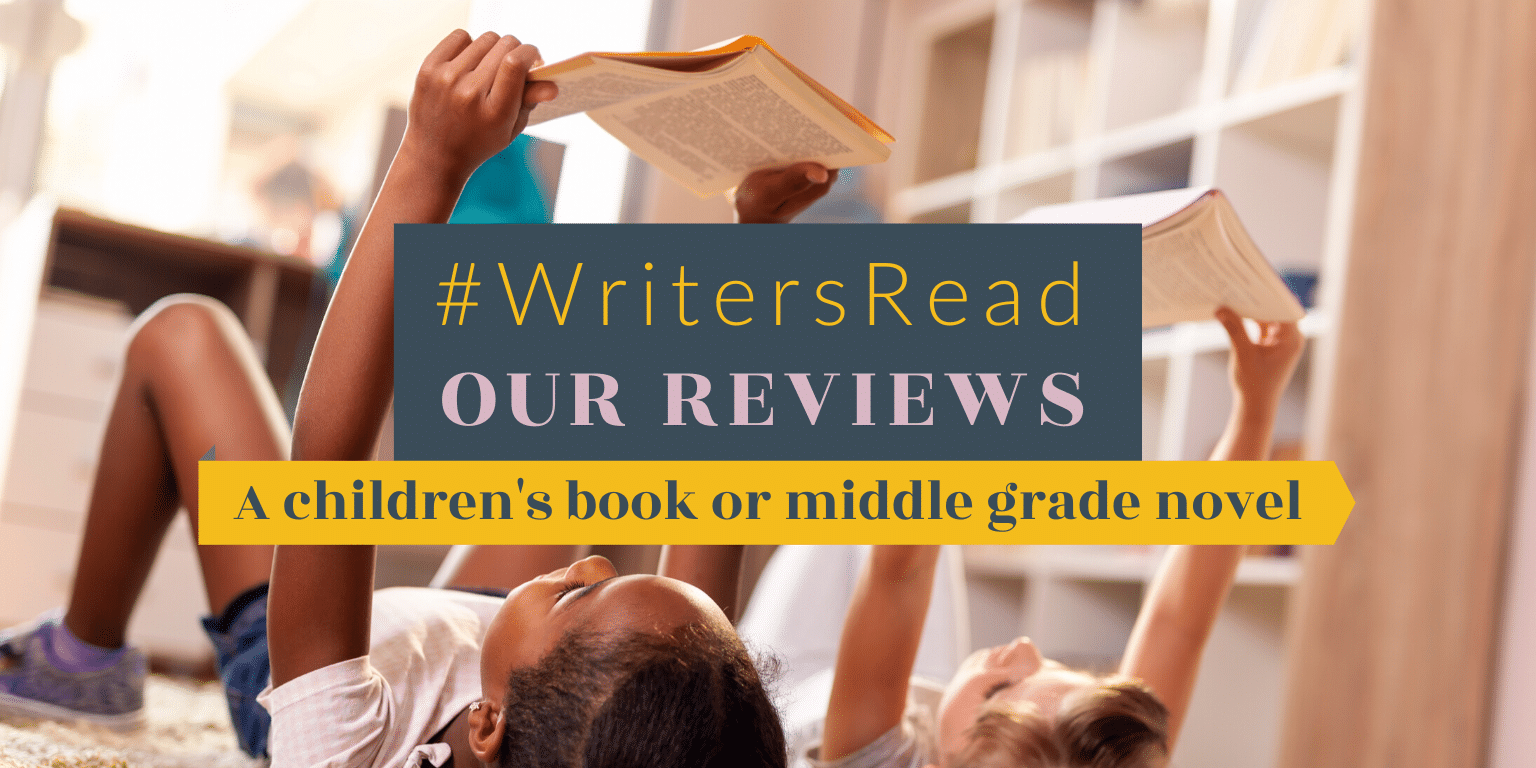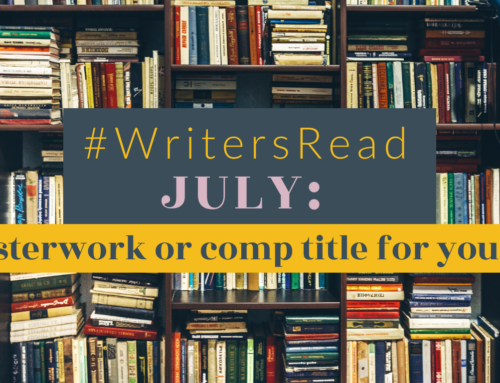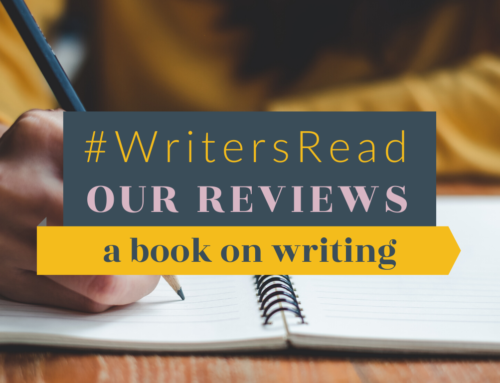March #WritersRead Book Club Chat:
Thursday, March 26th @ 7pm EST
Join on Twitter!
This month we all read ‘Children’s and middle grade stories’ to see what we could learn about story craft from these books written for younger folks—especially since these shorter books still have to have all the same elements of longer, more complicated novels. Below you’ll find our full reviews from our picks this month, and a review for our month’s guest, the developmental editor and book coach Savannah Gilbo. Join us later this week for book club on Twitter and Instagram! (Details here).
Savannah’s Review
Chasing Redbird, by Sharon Creech
Zinnia “Zinny” Taylor is a quiet 13-year-old girl who feels next to invisible living in a small house amongst her six siblings. But that all changes the day when Zinny discovers an old, overgrown trail that runs through the woods behind her family’s house. After her Aunt Jessie unexpectedly dies and Zinny becomes obsessed with clearing this mysterious trail and traveling the entire length of it. Zinny believes that by clearing this trail, she’ll finally have a place to call her own, and maybe people will finally start to notice her. But more than that, Zinny believes that uncovering this trail will help her understand her family, Rose’s death, Aunt Jessie’s death, and herself.

So, if you’re writing middle-grade fiction, don’t shy away from these big topics like loss, self-doubt, fitting in, or having courage. Instead, figure out what you have to say about these big topics. What knowledge or inspiration do you want to pass on to the next generation? How do you want to inspire them? And then, once you know your story’s point, craft a protagonist that young readers can see themselves in. Someone who’s struggling to make sense of the world just like they are. If you can do both of these things in your story, you’ll be much better equipped to make a lasting, positive impact on the next generation of readers!
Savannah Gilbo is a certified developmental editor and book coach who specializes in helping fiction authors finish their drafts and write stories that work. As a fantasy fiction writer herself, Savannah is intimately familiar with the struggles and fears writers face on a daily basis. Through her coaching and curated resources, she helps authors push through those blocks and achieve their goals. You can learn more about Savannah on her website.
Emily’s Review
Tristan Strong Punches a Hole in the Sky, by Kwame Mbalia
I bought Tristan Strong Punches a Hole in the Sky for my cousin for Christmas. For this month’s theme I figured I should pick it up! From page one I was sucked in by the main character’s voice; which makes sense because the point of this story is that stories hold all the power in the world.

Tristan Strong Punches a Hole in the Sky is about how the stories we tell ourselves about ourselves have immense power. “All memories serve a purpose… What are memories except stories we tell ourselves, right?” (pg. 379). It’s about how stories, and who is telling them, shape the world. “Power, boy! It’s all about power. You control the story, you control the narrative, you control power” (pg. 325).
Mbalia’s characters are absurdly vivid, from crazy little Gum Baby to Tristan’s fierce and fearless new best friend Ayanna to the myriad of Black American Gods. Yet the descriptions in the book are the opposite of verbose, they’re succinct and yet still incredible because they’re narrated through Tristan’s rich voice. Children’s and middle grade writers, because of limited space and vocabulary, have to wield voice to bring worlds alive in ways that I think YA and adult writers could learn a thing or two from. I know I could.
Rachel’s Review
Other Words for Home, by Jasmine Warga
Other Words For Home by Jasmine Warga is a book that can be described in one word: beautiful. From the very first page, I was swept off my feet with the poetic-prose that Warga uses to introduce us to our magnanimous heroine, Jude. Jude’s maturity contrasted with her naivety and paired with her voice made this read enjoyable but also emotional and meaningful.

The story of finding one’s identity is not new to middle-grade novels (or novels in general), but Warga uses Jude’s journey to make a very important point about empathy, generosity, and love. While Jude and her mother are adjusting to life in America, they are faced with racism, harassment, and Islamophobia, yet they never lose their strong and warm hearts. Despite all of the hardships Jude and her mother go through, Jude learns to be proud of where she came from and hopeful for the future. The point of this book can be summed up almost perfectly by my favorite quote: “Hoping, I’m starting to think, might be the bravest thing a person can do.”
I haven’t read “outside my age group” in years, so I didn’t really know what to expect when picking up a MG novel, but I certainly didn’t expect what I found in Other Words for Home. I learned much from Jude and her journey; and it’s shown me that younger readers are primed to absorb content (like racism, discrimination, war, and violence) that I previously thought “too old” for this age. Warga’s masterful command of emotional resonance is a lesson for me and my characters going forward. I always know a book is exceptional when it inspires me to improve my own work, so I can say for certain that this book is definitely worth the read.
Join #WritersRead!
This year we’re hosting a book club just for writers! Each month you pick a book within the month’s theme, then we’ll meet for the #WritersRead book club chat on Twitter to discuss what you read and learned. Didn’t join this month? Hop on board for next month! You’ll find the calendar of themes and details for how to join here!







Thanks for having me this month, ladies! I had so much fun digging into children’s and middle-grade books with you!
Thanks for joining us! We loved having you!